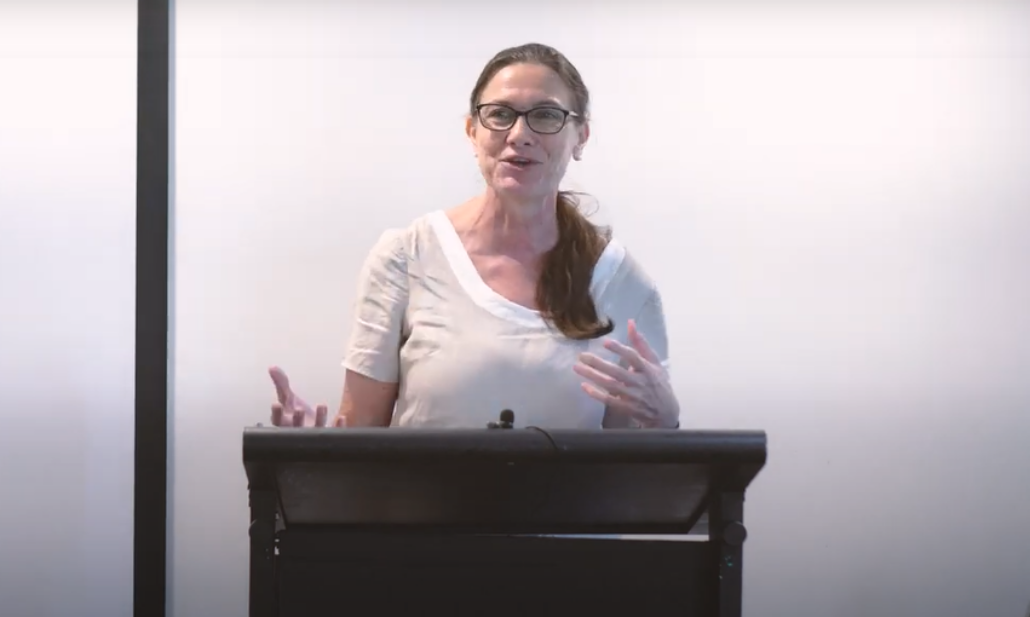The 2022 Hawkes Oration brings together public servants from the Northern Territory to hear Professor Ruth Wallace, Dean of the College of Indigenous Futures, Education & the Arts and Director of the Northern Institute at Charles Darwin University, deliver on the topic of “Indigenous co-design: opportunities, challenges and risks”. Professor Wallace’s research interests relate to the links between social policy that addresses the concerns of people and systems remote from core decision making processes. This work is situated in regional and remote areas of Northern Australia and Indonesia, with a specific focus in research approaches to improve service delivery and adaptation, undertaken with Aboriginal people in remote and regional areas.
About The Hawkes Oration
In 2002, the Northern Territory Division of the Institute of Public Administration Australia inaugurated a regular series of speeches on the major issues of the day as part of its contribution to the development of public administration in the Northern Territory.
The Division decided to honour its long-serving President, David Hawkes, by naming the series after him. Not only did he make a significant contribution to the work of the Division over many years, he also played a major role in the development of public administration in the Territory. His leadership was instrumental in placing the Territory at the forefront of innovation in the public sector in the 1990s.
David Hawkes was Commissioner for Public Employment for thirteen years between 1989 and 2001 and was, at his retirement, the longest serving Commissioner in Australia. In his earlier career as a public sector union official, he played a major role in the development of redeployment and voluntary redundancy arrangements in the Australian Public Service. These arrangements were later used to good effect in the Territory over many years as a means of managing structural change.
David is a Fellow of the Institute of Public Administration and continues to contribute to the work of the Institute in his retirement.
Previous orations have been delivered by luminaries such as Natasha Stott Despoja, Peter Shergold, Fred Chaney, Annabel Crabb, Professor Simon Maddocks and the Honourable Clare Martin.
Biography of This Year’s Orator, Professor Ruth Wallace
Professor Ruth Wallace is the Dean of the College of Indigenous Futures, Education and the Arts and Director of the Northern Institute at Charles Darwin University, the Territory’s own university. The College brings together interdisciplinary knowledge and expertise in the areas of Indigenous knowledge practices, human geography, disaster preparedness and management, education, languages, educational tertiary enabling, humanities and the creative industries. The Northern Institute is a regional leader in high quality social and public policy research. The institute’s research aims to understand regional development and provide strong evidence for policy development, capacity building, and responding to the needs of governments and communities across the region.
Ruth was the first woman to be awarded the Fulbright Distinguished Chair in Agriculture and Life Sciences Scholarship. Her research interests relate to the links between identity, marginalised learners, and the development of effective learning and workforce development pathways. This work is situated in regional and remote areas of Northern Australia and Indonesia, with a specific focus in research approaches to improve service delivery and adaptation, undertaken with Aboriginal people in remote and regional areas.
Ruth’s research connects to digital systematic learning pedagogies, and approaches to workforce development through remote-based enterprises. Ruth leads the workforce development research theme of the Northern Institute at Charles Darwin University and focuses on collaborative approaches to workforce development and engagement with community, governments and industry that are sustainable and scalable. Ruth has extensive experience in educational practice development and as a teacher at all educational levels.


